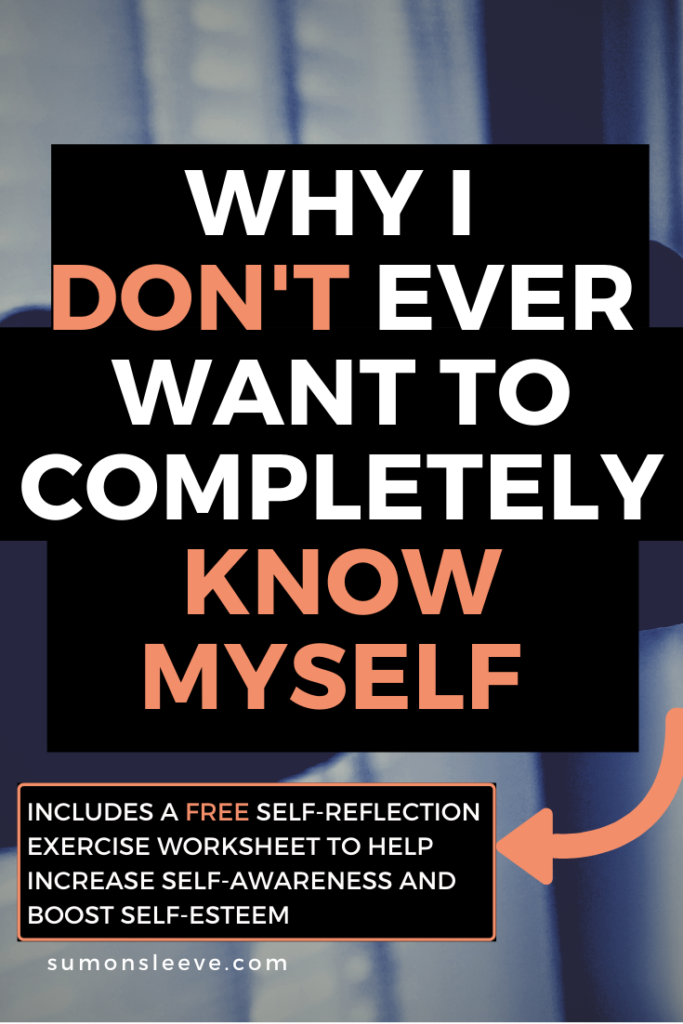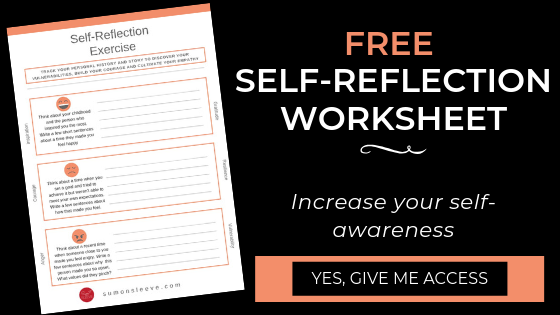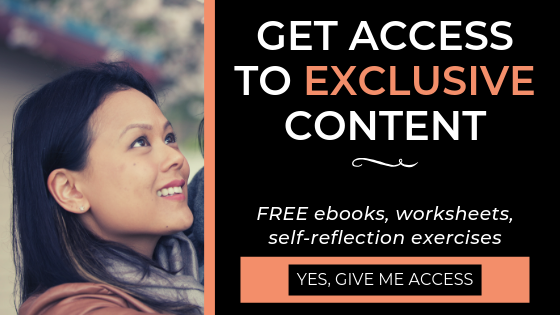What happens when we get older? We know ourselves better and the more self-assured we become. But that also comes with a cost.
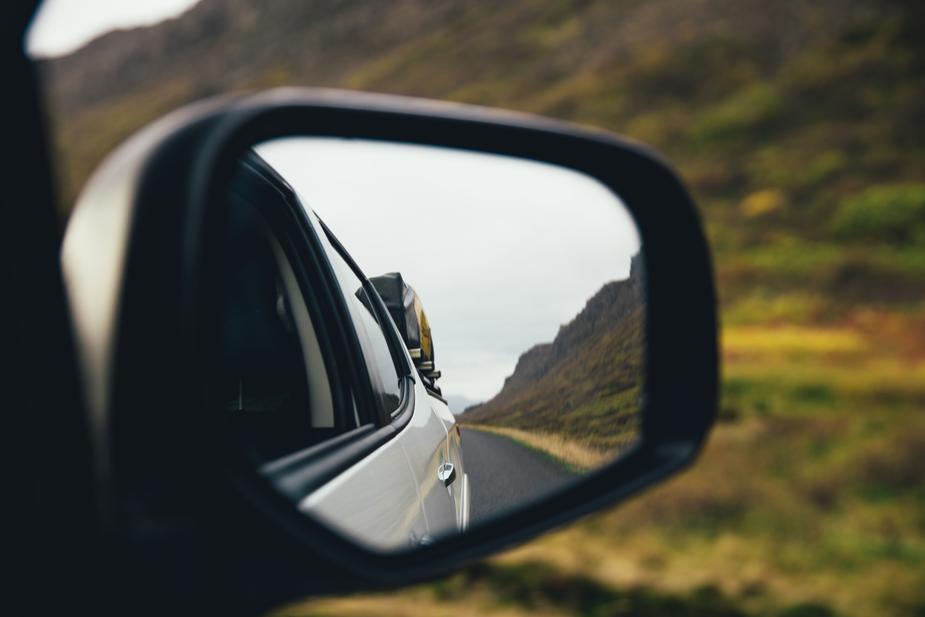
Older ≠ smarter
I’m a millennial, a wife and a mother of 2. I’m in my mid-thirties and I’m reflecting on my life.
Growing up, I was always told to “respect my elders” and to this day, I struggle to accept this concept because it’s under the assumption that the older a person is, the more life experience they have and the more they are entitled to my respect.
It’s as though the number of years they’ve survived on earth grants them the right to be held in high regard, regardless of how they lived those years.
Age isn’t a determinant of how intelligent, talented, kind, empathetic, and/or knowledgeable someone is. Therefore, we shouldn’t make assumptions about someone because of how old or how young they are.
We should give them the benefit of the doubt, staying impartial until we truly know someone. Just because someone is in their 60’s or 70’s doesn’t mean they are wiser or smarter than someone in their 20’s and 30’s. We’ve all met ignorant 70-year-olds and incredibly wise 17-year-olds.
Although age doesn’t determine how wise someone is, it does determine how much they know themselves.
Older = more set in your ways
When we get older, there’s this contradictory event that happens, a dilemma that I’m proactively trying to prevent.
As we age, we tend to know ourselves better. It’s a process that naturally happens because we’ve had more time on earth to try different things.
We will know what works for us, what doesn’t work for us, what gives us pleasure, and what gives us pain. We will know what we find exciting, what we find scary, and what gives us anxiety. We will know our limits, boundaries, care less about what others think, really living out the “honey badger don’t care” life.
For instance, I’ve never enjoyed drinking but I did that in my youth anyway (social pressures, peer pressures, numb the pain) because I didn’t know myself and I didn’t have the self-assurance to say no. I’ve always enjoyed jazz and classical music but I didn’t appreciate it until recently. Now, I love a hot cup of tea while listening to some Oscar Peterson or Chopin.
But when we know ourselves more, it can also make us narrow-minded, preventing us from trying new things and limiting our desire to learn and grow. It can become more fearful of the unknown, set in our ways, making us want to go back to the “good old days”.
How can we balance our increased self-awareness with a decreased desire to learn and grow?
“I’m never too old for this shit”
This sh*t” can mean going back to school, starting a business, a new relationship, learning how to garden, attending a music festival, playing video games, trying yoga, backpacking through Europe, training for a triathlon…etc.
I honestly believe these experiences aren’t age-dependent; we just tend to know ourselves more the longer we live and we use age as an excuse not to try new things.
Create a dynamic bucket list
We need to continually challenge ourselves well beyond “old age”. So creating a bucket list of things you want to do before you die can help you keep on track and optimistic about the future. And it’s important to actually write these out, making you accountable to your hopes and dreams. Without dreams, there is no hope and with no hope, there is no future.
I’m a realistic optimist. Given the medical and technological advances that have occurred thus far, just within my own lifetime, I believe that many of us will live a very long life. Therefore, we have time to try and reach those seemingly impossible dreams. Those who believe they have the time to reach their goals are the ones who will take the time to do it.
Life is too short to waste time on things that don’t bring you joy. However, life is long and it’s long enough to recover from failures, make mistakes and heal from wounds.
So with each item on our bucket lists, we should create two more, one-upping the previous one.
For instance, one item might be “to write and publish a book.” One-upping it would be “Write and publish 2 books and sell at least 100 copies.” Then, it would “Write and publish 3 books and have a best seller.”
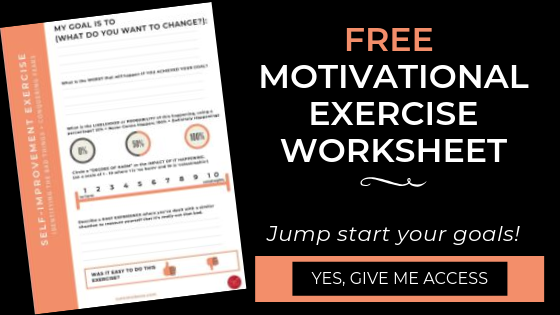
Adopt a health mindset
A health mindset means trusting that we have some control over our health outcomes. The belief that we have control is what drives our willingness to learn new behaviours, adopt better habits and commit to a change, with the confidence that it will improve our lives. It’s being proactive in disease prevention. The hard work will pay off because our minds and bodies are not set in stone.
By adopting a health mindset, we can remove the cap on self-awareness and take control of our destiny and where life leads us.
Expunge an illness mindset
An illness mindset is a belief that disease is inevitable; it’s written in our DNA and that there is absolutely nothing that can be done to prevent it, so might as well let it happen. It’s someone who self-sabotages before they even start to learn how to change because they believe they have little to no control over where their life leads them.
We need to be aware of the nocebo effect. It’s been shown where patients who had an illness mindset where they didn’t believe treatments would work, the treatments were less likely to work. Their mindset played into whether they could recover.
There are many things in life we cannot control. But we can control how we react to external factors and the decisions we make in our lives.
We can choose to let life control us or we can take control of what life has to offer. What do you choose?
So Readers, what are you going to do to battle the ageing process?
